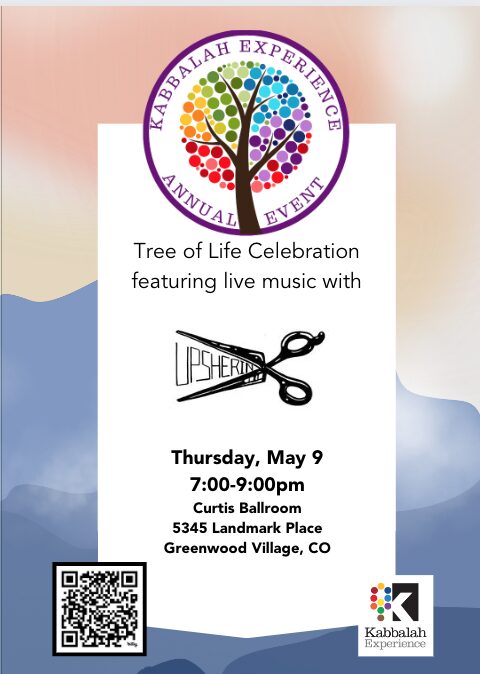The Basics:
1. We will be counting 50 days (7weeks plus an additional day—the 50th –which is the holiday of Shavuot—the receiving of the Ten Commandments at Sinai).
2. This count is a recount and a new count. It recounts the process of the Jews leaving Egyptian slavery and journeying 49 days in the desert—their moving from slavery to freedom. It is a new count for each of us every year to expose, examine and express our own freedom from that which limits or enslaves us.
3. The count starts this Saturday night (the ‘day’ starts at nightfall and ends at nightfall).
4. One says a blessing “…on the counting of the Omer” (it is called the Omer count as that was a grain that was brought to the Temple to start this period of counting—Omer means a measurement of grain) and then each day you count that day (today is…the eleventh day).
5. Each week of the count has a theme. This idea is an innovation of the Kabbalists but has been widely accepted into Jewish tradition as it appears in most prayer books. The theme of each week corresponds to different aspects of the Tree of Life (the seven ‘lower’ sefirot). ![]()
They are in order:
First week: Chesed—loving kindness
Second week: Gevurah- fear or awe
Third week: Tiferet-harmony
Fourth week: Netzach-victory
Fifth week: Hod-acknowledgment
Sixth week: Yesod-foundation
Seventh week: Malchut-kingdom
6. Each week in turn is divided by each day corresponding to the lining up of the seven sefirot with the week’s theme. Once a week there will be the Sefirah and its week theme—Chesed in Chesed is the first example—so day one is Chesed in Chesed. Day Nine is Gevurah in Gevurah and Day 33 is Hod in Hod. The first week of Chesed will then have each of the remaining six sefirot associated with each day (Gevurah in Chesed—Day 2, Tiferet in Chesed-Day 3 etc.)
Beyond Basics
We have already moved beyond the basics as “the basics” is simply to count each day. What we have already added is that each day one counts (with awareness of the week’s theme and it specificity for each day) there is an intention. Most teachers align the week and days to heighten our awareness of the ‘energy’ and concomitant inner work to be done associated with each of the Sefirot.
This year we will introduce the use of the Sefirot counting system as a program for change—a 50 day ‘step’ program. Each week represents another ‘theme’ or better put—stage- of working on and toward change.
The final week of Malchut (Kingdom) represents MANIFESTING the CHANGE. So, the preceding weeks represent preparatory stages to the expression and realization of the change we are working on.
Here is the outline for change for the seven weeks:
Week one-Chesed: Expanding on the change; seeing all aspects and implications of the change. Who will this affect, what else needs to change in order for the change to be realized?
Week two-Gevurah: Focusing on the change. Setting realistic and attainable goals—being specific.
Week three-Tiferet: Formulating the blueprint of your change.
Week four-Netzach: Once formulated, recognizing obstacles and planning on how to overcome them in order to change.
Week five-Hod: Acknowledging one’s own limitations and accepting the challenges to affect change.
Week six-Yesod: Speaking the truth through an unwavering commitment—integrity here implies seeing the shadow side of ourselves and willingness to change.
Week seven-Malchut: Manifesting the change.
What now?
This week prior to Passover is a time for deep reflection about what we can and want to change. In terms of the Sefirot we are n the higher realms of the Sefirot (the upper Sefirot which include Keter-Da’at , Chochmah and Binah). This is a week to open ourselves up to seeing our lives from a higher perspective—to release ourselves from the confines of who we think we are and where our capabilities can extend. In order to do so we need to “get rid” of those leavening products—the negative emotions and negative self-perceptions that keep us confined and constricted inside the exile (bondage) of slavery. The Seder night is a night for family and friends to enjoy each others’ company, enjoy the traditional foods AND to engage in deep spiritual work. It is a night(s) for rebirth—a commitment to invent ourselves anew. Preparing the soil for new growth allows for growth to take root and we can then look forward to the harvest.












0 Comments